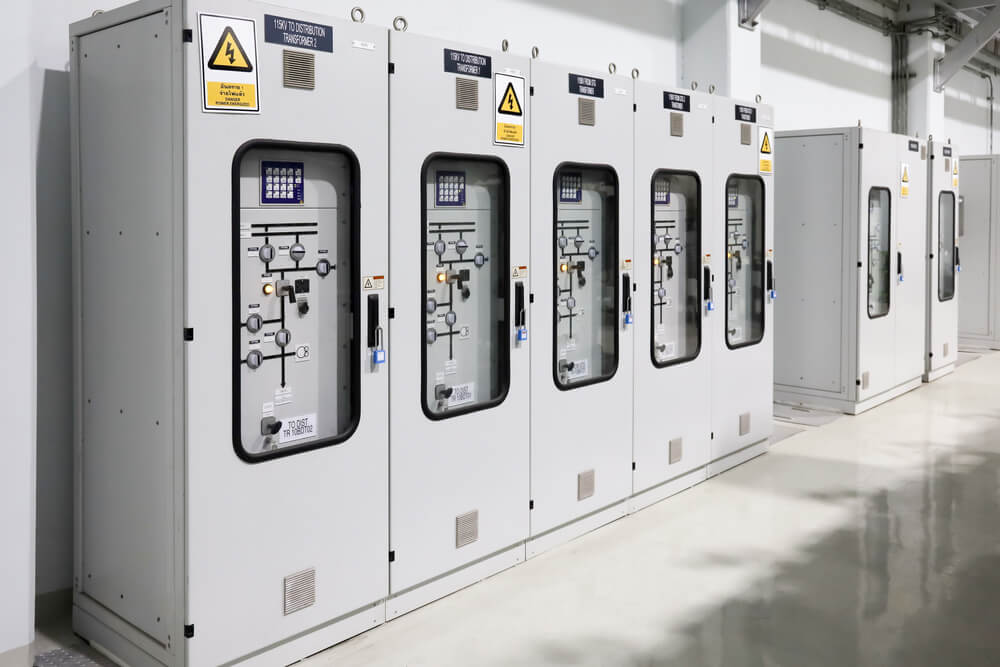In the aerospace industry, leak testing stands as a cornerstone of safety and reliability. Every spacecraft, satellite, and aircraft relies on various tanks and containers that must remain perfectly sealed under extreme conditions. Without proper leak detection methods, even the smallest breach could lead to catastrophic failures, putting both missions and lives at risk. The aerospace industry follows strict testing protocols, and these standards require comprehensive leak testing at multiple stages, from manufacturing to final assembly. Modern leak testing methods, like helium leak detection, have evolved to detect even microscopic leaks, making them an essential part of quality control in aerospace manufacturing.
Types of tanks in aerospace applications
The aerospace industry relies on various specialized tanks, each serving unique purposes in space travel and aircraft operations. Let's explore the main types of tanks that require careful leak testing to ensure safe and reliable functionality.
Propulsion systems
At the heart of any spacecraft or aircraft are its propulsion systems. Fuel tanks store the vital energy source that powers these vehicles through the skies and into space. These tanks must maintain perfect seals to prevent fuel leakage, which could lead to catastrophic failures.
Oxidizer tanks work alongside fuel tanks in rocket engines, storing the oxygen-rich compounds needed for combustion. These tanks are particularly critical as oxidizers are highly reactive substances.
Propellant storage systems handle the complex mix of fuels used in modern spacecraft. These tanks must often maintain cryogenic temperatures while keeping their contents completely sealed.
Environmental control systems
Modern aircraft and spacecraft require sophisticated environmental control systems to function properly. Coolant reservoirs help maintain optimal temperature for equipment and crew members, preventing critical components from overheating during intense operations.
Pressurization tanks maintain proper cabin pressure, ensuring crew safety and comfort. They're essential for high-altitude flights and space missions where external pressure drops dramatically.
Life support system containers store vital resources like oxygen and water-processing chemicals. They're literally life-saving components that need perfect sealing to maintain their critical contents.
Specialized storage
Beyond the main systems, aerospace vehicles need various specialized storage solutions. Hydraulic fluid tanks power crucial control systems, requiring constant pressure maintenance and leak-free operation.
Water storage systems support both crew needs and cooling applications. These tanks must prevent contamination while maintaining clean water supplies throughout long missions.
Gas storage vessels hold various gases used in different aerospace applications, from nitrogen for tyre inflation to specialized gases for scientific experiments.
Operating conditions and challenges
Aerospace tanks face extreme challenges in their operating environments. Temperature variations can range from scorching heat during takeoff to freezing cold at high altitudes. These dramatic changes put immense stress on tank materials and seals.
High-pressure requirements add another layer of complexity. Many tanks must maintain their integrity while handling pressures far beyond normal conditions. The constant vibration and mechanical stress from engines and flight manoeuvres further test the limits of tank construction.
Choosing the right materials for tank construction is crucial for product reliability. Chemical compatibility between the tank material and its contents prevents degradation and potential leaks.
Structural integrity must be maintained under all operating conditions. This requires careful engineering and material selection to ensure tanks can withstand both internal and external forces.
Corrosion resistance is essential for long-term reliability. Tanks must resist deterioration from both their contents and external environmental factors, ensuring safe operation throughout their service life.
Risk assessment in tank leakage
In the aerospace industry, tank leaks pose significant safety risks that cannot be overlooked. The biggest concern is the potential for fires and explosions, especially when dealing with volatile rocket fuels and oxidizers. Even a tiny leak can create hazardous conditions for ground personnel and astronauts alike.
A single leak can trigger a cascade of problems when it comes to mission impact. Space missions often face costly delays or complete cancellations due to tank leakage issues. System failures during flight could lead to catastrophic results, making thorough leak testing absolutely crucial.
The financial stakes are equally high. When leaks are discovered late in testing, aerospace companies face expensive retesting procedures and production delays. Sometimes, entire components need replacement, leading to significant cost overruns.
Helium leak testing technology in the aerospace industry
Helium leak detection has become the best solution in aerospace tank testing. The process is straightforward yet highly effective: technicians pressurize the tank with helium as a tracer gas and use specialized sensors to detect any escaping molecules.
What makes helium perfect for this job? First, it's completely safe and non-reactive, meaning it won't cause any chemical reactions with tank materials. Second, helium molecules are incredibly small, allowing them to escape through the tiniest defects that other gases might miss.
Modern leak detection systems use sophisticated equipment to achieve remarkable accuracy. These systems include highly sensitive mass spectrometers, precise pressure monitoring devices, and advanced calibration tools to ensure reliable results.
MVS Technologies brings extensive experience to this critical field. We specialize in designing and manufacturing high-pressure helium leak testing equipment tailored to each customer's specific needs. Our comprehensive support includes detailed documentation and software solutions, helping aerospace companies meet strict audit requirements and maintain the highest safety standards.

